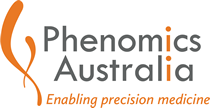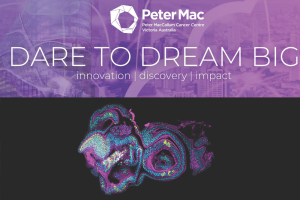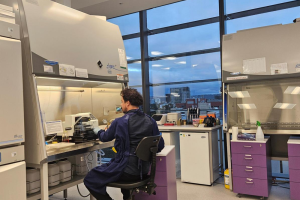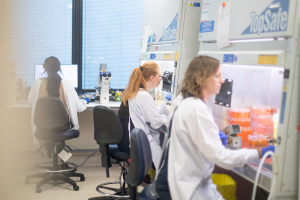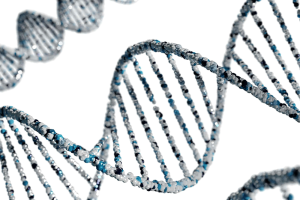Our team’s collective effort has been instrumental in crafting several chapters within the comprehensive book, “Inflammation and Cancer: Methods and Protocols.” From elucidating high-throughput sequencing and screening techniques to perfecting in vitro organoid models and maintaining fibroblast cultures, our diverse expertise has significantly enriched this essential resource for researchers.
We invite you to explore the wealth of knowledge our team has contributed to this book, offering cutting-edge methods and protocols at the forefront of Inflammation and Cancer research, including the latest findings on the development and characterization of representative research models for chronic immune-based diseases and inflammation-associated cancers and the biochemical, molecular, and cellular biological techniques that are commonly used to dissect the molecular mechanisms and cellular processes that drive the pathogenesis of certain disease states.
Click this link or contact us to explore the services we provide and learn more.
” Together with the Molecular Genomics Facility at Peter Mac we developed an automated, high throughput method to sequence cells cultured in 384 well format. This method can be applied to any experimental question, but our primary applications so far are to correlate phenotypic profiles following CRISPR or compound screens with expression profiles to allow for target discovery, target validation and kinetic profiling. The applications are endless! ”

” We described methodology for conditional mutation of genes in intestinal organoids from genetically modified mice via induction of Cre recombinase by tamoxifen or by transient exposure to TAT-Cre protein and subsequent phenotyping of the organoids. This methodology provides a rapid platform for assessing the cellular changes induced by specific mutations in intestinal tissue.”

Through the Victorian Centre for Functional Genomics (VCFG) at the Peter MacCallum Cancer Centre, the Harry Perkins Institute of Medical Research (Perkins), and most recently through the ANU Centre for Therapeutic Discovery (ACTD, The John Curtin School of Medical Research, ANU) Monash University, and at the University of Adelaide (in partnership with SAHMRI), Phenomics Australia Functional Genomics and High-throughput screening services enable biomedical researchers Australia-wide with the ability to perform novel discovery-based screens using multiple platforms.
Phenomics Australia provides a national centre of expertise and service provision to deploy a more comprehensive and sophisticated range of in vitro Genome Engineering and Disease Modelling capabilities to understand the functional consequences of DNA sequence variation in the human genome for health and disease while maintaining the expertise for in vivo disease modelling and genome engineering. To meet the high demand for adaptable and scalable disease-modelling platforms for improved diagnosis, Precision Medicine for genetic disorders, and therapeutic development by both academia and the biopharmaceutical industry, Phenomics Australia offers In Vitro services through a collaborative consortium of ten laboratories and facilities across Australia, operating at ANU (ANU Centre for Therapeutic Discovery), Perkins (Translational Cancer Research Program in Oncology), Monash (Monash Organoid Program & Monash Genome Modification Platform), MCRI (iPSC derivation & Gene Editing Facility), Peter Mac (Victorian Centre for Functional Genomics), UMelb (Centre for Stem Cell Systems & Stem Cell Disease Modelling Laboratory), UQ (In vitro Genome Engineering and Disease Modelling Service), and VCCRI (Stem Cell Production Facility iPSC Reprogramming Service)
